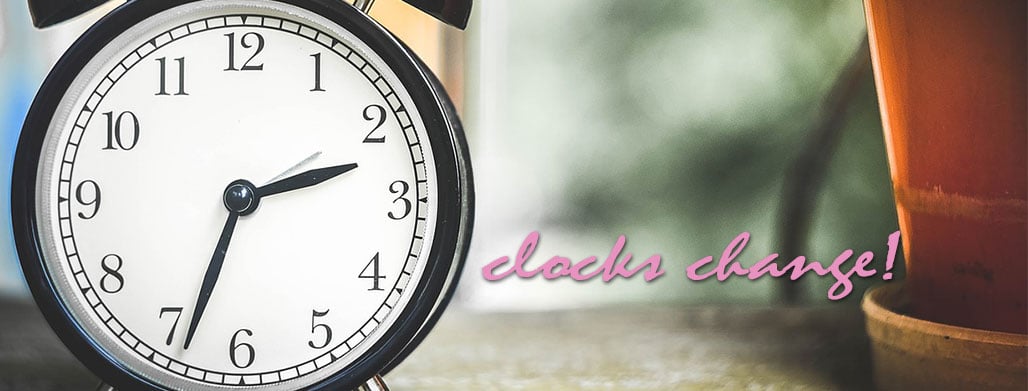
Can better sleep boost your immune system?
According to research, getting a healthy amount of rest is key to boosting your immune system.
So, it stands to reason that if you get ill, getting the right level of sleep would ensure you are in the best shape possible to fight the disease.
In this blog post, we're going to take a closer look at what studies say about the link between sleep and your immune system, before sharing a few tips for maintaining healthy sleep.
What does the science say?
One study into the relationship between sleep and your immune system was carried out in 2016 by scientists at the American Physiological Society. It found there was a direct relation between the number of T-cells — a subset of white blood cells essential for fighting infection — and the level of sleep participants were getting.
Furthermore, a 2019 study discovered that these T-cells are more effective at attaching to their targets when the body is resting.
What's more, the Sleep Foundation highlights that, when we go without sleep, our body makes fewer cytokines, which are a type of protein that helps to fight infection and inflammation.
Therefore, with less of these in your body, your immune system is worse equipped should you suffer from illness.
They also point out that chronic sleep loss is even able to make flu vaccines less effective.

Stick to your sleep schedule
Even though you may be working from home more now the pandemic has passed, and you may be tempted to stay up a little later or sneakily have an extra hour's lay-in, it's important to stick to your usual sleep schedule as much as possible.
Doing so will ensure your body doesn't suffer from a disturbed sleep pattern and that you will be getting the recommended 7-9 hours of sleep a night.
Strengthen you circadian rhythm
In addition to sticking to a sleep schedule, you can strengthen your sleep cycle by performing certain activities in the morning and evening to reinforce waking and sleeping patterns in your brain.
For example, exercising and taking a shower routinely in the morning will help your body clock recognise it is time to wake up, while reading, meditating, or bathing will help your mind unwind before bed.
Take regular naps, if necessary
If your sleep is being disrupted by one thing or another, then you could try topping up your rest by taking a nap during the day.
This is a lot easier if you have flexible working hours, but even a 20-minute siesta on your lunch break can be beneficial. Check out our blog posts on the art of napping and avoiding sleep debt to get tips on balancing your sleep and getting the perfect nap.

Use your outdoor time wisely
Exposure to natural light during the day helps regulate your body's internal clock, promoting a healthy sleep-wake cycle.
Engaging in physical activity outdoors enhances sleep quality by reducing stress and anxiety, common factors that disrupt sleep. Furthermore, spending time outdoors exposes you to fresh air, which can improve respiratory function and overall health.
By prioritizing outdoor activities and ensuring adequate sleep, you provide your body with essential support for its immune system, helping to ward off illnesses and maintain optimal well-being.








Leave a Reply